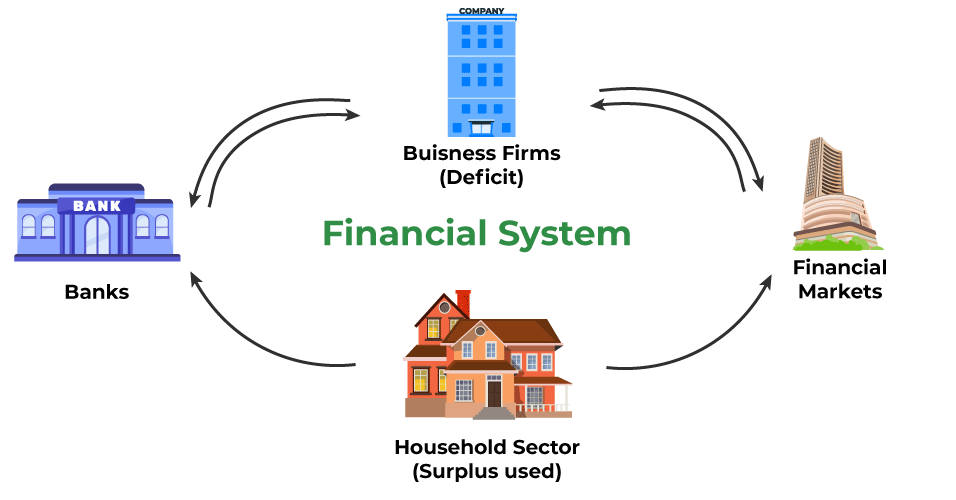When studying for the Series 7 exam, it is important to have a clear understanding of the different types of market participants and their respective roles. In this blog post, we will provide an introduction to some of the most common players in the financial markets. We’ll discuss investors, broker-dealers, investment advisers, municipal advisors, issuers and underwriters, traders and market makers, custodians and trustees, transfer agents, and depository and clearing corporations. Each type of participant has a unique role in the markets, and it is crucial to understand what each one does in order to pass the Series 7 exam!
Investors are one of the most important groups of market participants, with a wide range of roles and responsibilities. Accredited investors are individuals who meet certain financial requirements and have greater access to investment opportunities than other investors. Institutional investors, such as banks and pension funds, invest large amounts of capital on behalf of their clients or members, while retail investors include individual traders and small-scale investors who buy and sell securities for their own accounts.
Broker-dealers are another key group in the financial markets, playing a critical role in connecting buyers and sellers. There are several different types of broker-dealers, including introducing brokers, clearing brokers, and prime brokers. Investment advisers help guide investor decisions by providing research and analysis on potential investments. Municipal advisors help cities and other public entities issue bonds to finance major projects.
Issuers and underwriters are crucial for the success of any securities offering, as they work together to determine the terms of the deal and then sell the securities to investors. Traders and market makers buy or sell securities on behalf of their clients or firms, often taking a position in an asset to facilitate price discovery and trading volume. Custodians and trustees hold investments on behalf of their clients, protecting them from risk while ensuring that they receive their share of any profits generated by those investments. Transfer agents maintain records related to investor ownership of specific securities, while depository and clearing corporations like DTCC and OCC process trades by settling transactions between buyers and sellers in order to minimize the risk of default.
Depositories and clearing corporations play a vital role in ensuring the smooth functioning of the financial markets, facilitating transactions and helping to mitigate risk for all market participants. As such, it is essential to have a firm understanding of the different roles that these organizations play and how they interact with other players in the markets.
Whether you’re studying for the Series 7 exam or simply looking to gain a better understanding of the financial markets, it is essential to have a clear understanding of all the different market participants and their roles. With this knowledge, you’ll be well positioned to navigate these complex markets and make informed investment decisions! If you’re studying this information for the Series 7 exam, consider a course to prepare yourself. Achievable offers a free Series 7 exam FINRA to prepare you for the Series 7 Exam.

